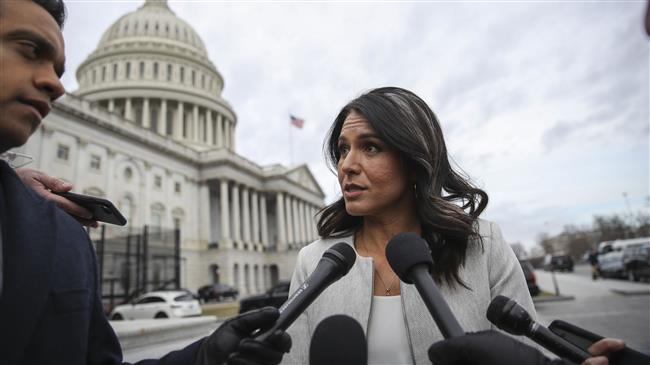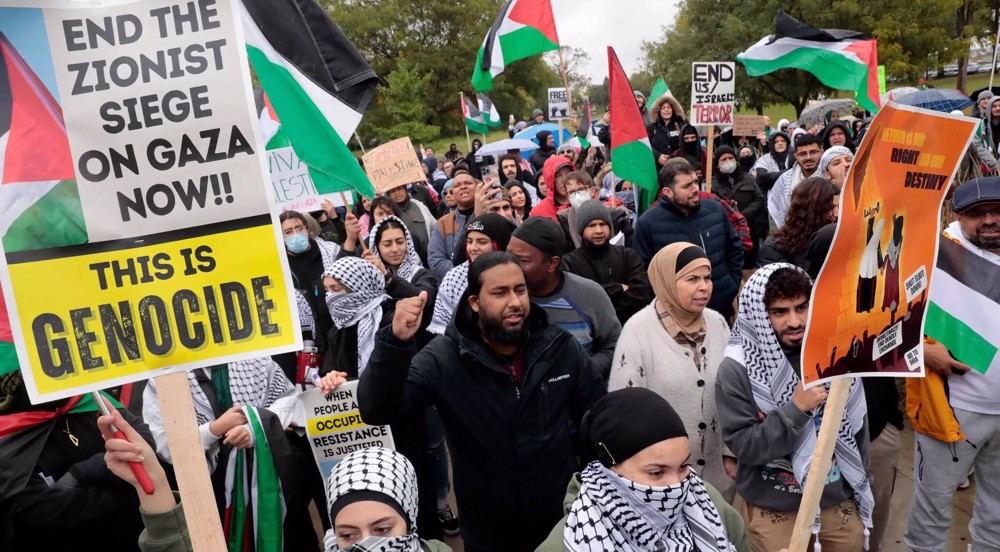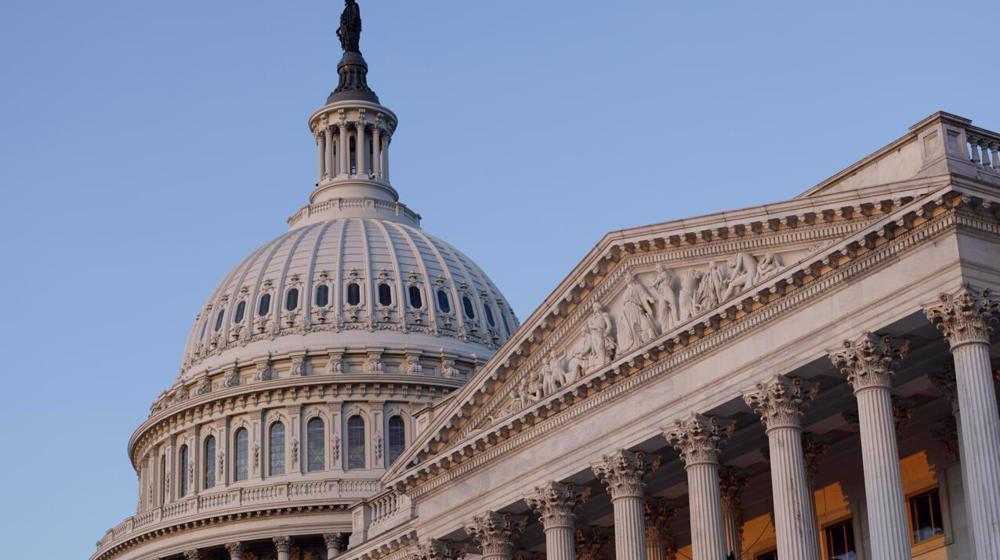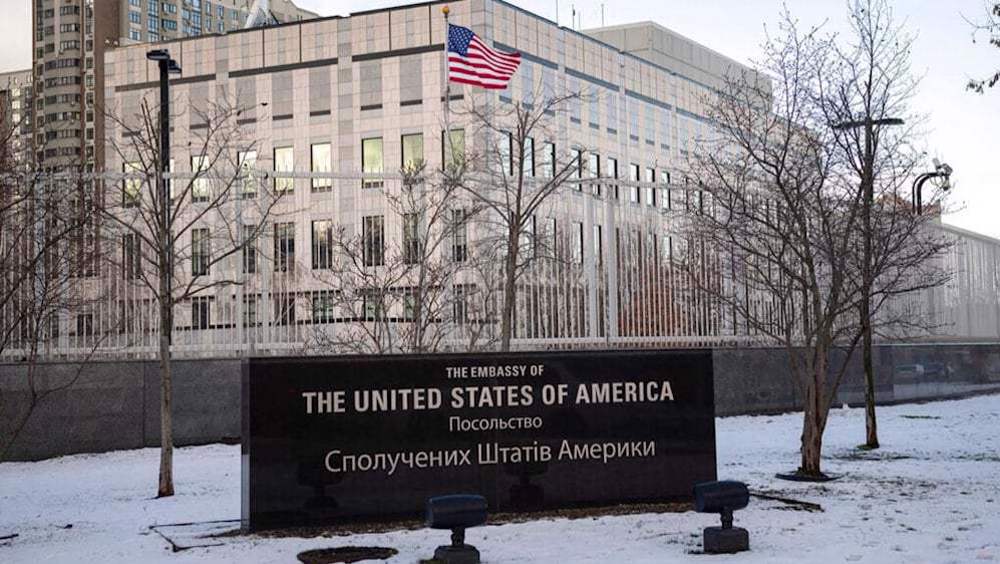Gabbard urges giving Americans $1,000 monthly relief during pandemic
US Democratic presidential candidate Rep. Tulsi Gabbard has called for introducing a universal basic income (UBI) of US$1,000 a month for each American during the ongoing coronavirus pandemic.
The US government is obliged to pay UBI as financial relief as long as coronavirus "presents a public health emergency," Gabbard told The Hill in an interview on Friday.
“Yesterday I introduced HRes 897 to provide an #EmergencyUBI for every American," she tweeted.
Gabbard warned that most Americans did not have the economic means and resources to manage themselves and their families through the crisis.
"Most Americans don't have that safety emergency bank account even for a short term, what to speak of if you're talking about weeks, or in this case people are looking at potentially months," Gabbard warned.
Yesterday I introduced HRes 897 to provide an #EmergencyUBI for every American — the most simple, direct form of assistance to help weather this storm. As negotiations continue on the bipartisan aid package, let your Member of Congress know why this is so important. #Covid_19 pic.twitter.com/DRdWmmcMRX
— Tulsi Gabbard 🌺 (@TulsiGabbard) March 13, 2020
House Resolution 897 would provide an income of $1,000 a month to every American “until COVID-19 no longer presents a public health emergency,” the 2020 presidential candidate said.
In the meantime, Congress is shutting down the US Capitol and all House and Senate offices to the public until April 1 due to the novel coronavirus, the Associated Press reported.
This move is "out of concern for the health and safety of congressional employees as well as the public," the House and Senate sergeants at arms said as quoted by the AP.
Earlier, US President Donald Trump signed a bill allocating $8.3 billion in emergency funding to address the health care concerns arising from the coronavirus crisis.
The coronavirus outbreak, which the World Health Organization (WHO) has declared as an unprecedented global pandemic, emerged in the central Chinese city of Wuhan, the provincial capital of Hubei, late last year.
Since then the virus infected over 147,000 people in most of the countries across the globe, so far killing more than 5,500 people.
To stop the virus from spreading and infecting all Americans, the US government imposed travel bans on several countries hit hardest by the pandemic.
Global events and international conferences have been canceled or postponed.
The stock market has had its worst losses in decades, though the full damage caused by the pandemic is still unclear.
VIDEO | Paris march in support of Palestine women
VIDEO | ICC issues arrest warrants for Israeli prime minister, ousted regime war minister
120 Palestinians perish as Israeli war machine keeps ravaging Gaza
VIDEO | Struggles of Palestinian women amidst war, displacement
VIDEO | Hezbollah rains attack drones down on elite Israeli brigade
VIDEO | US biased mediation fails
Leader: All captains of criminal, Zionist, terrorist gang must be prosecuted
Iran further raises its oil prices for Chinese buyers: Report











 This makes it easy to access the Press TV website
This makes it easy to access the Press TV website